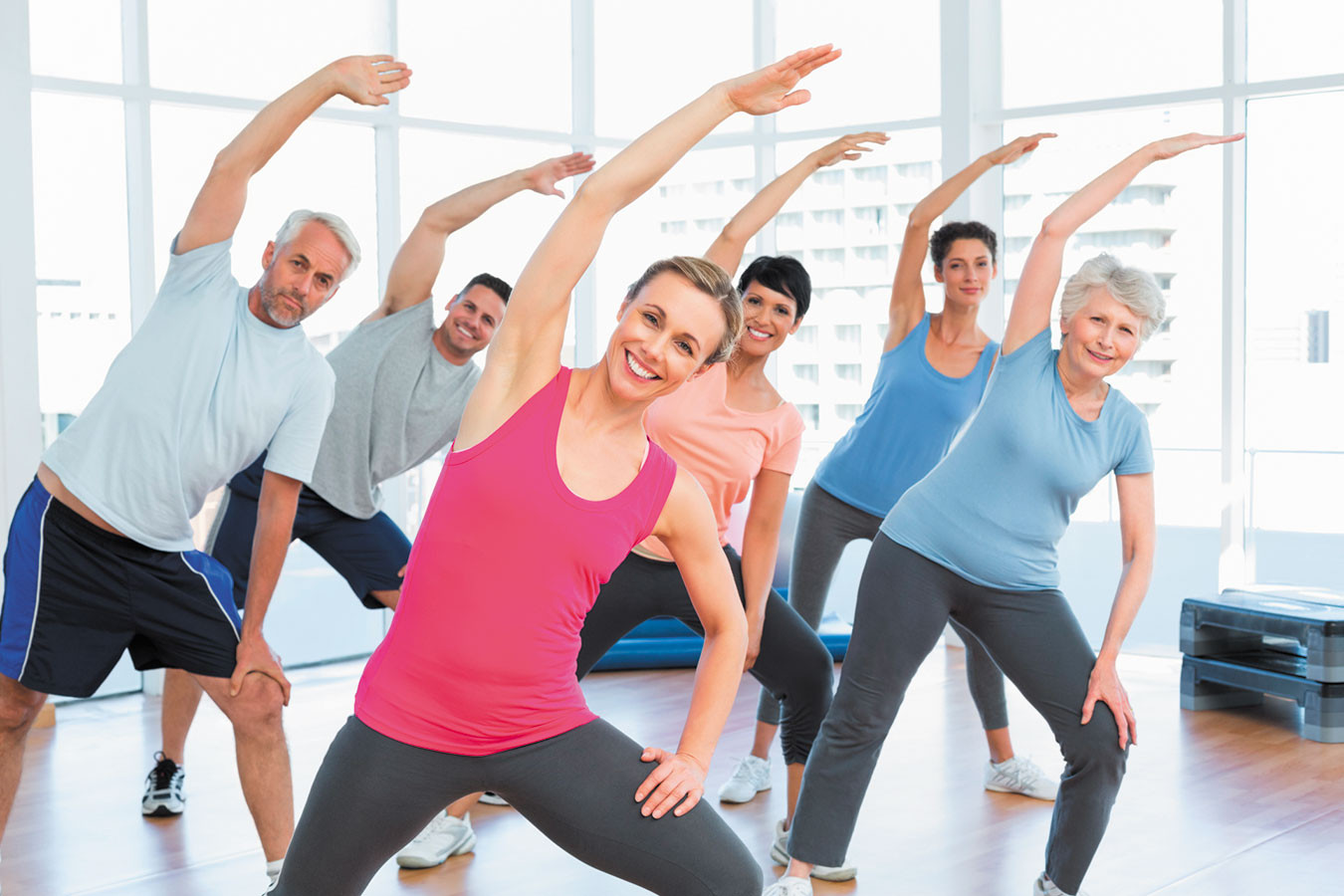Exercising might be wrecking your teeth. For a long time, you have been taught that to maintain oral health, you must cut back on sugary foods and drinks. Meanwhile, physical activity is good for your overall well-being, protecting you from illness and improving your mood.
But, it turns out there are instances when exercise is causing pain and discomfort to the mouth and jaw. It can also be damaging to your smile.
The risks of orofacial injuries when involved in contact sports such as boxing and basketball have long been known and documented. That is why wearing a mouthguard is strongly recommended among professional athletes. However, even regular workouts can be bad for your oral health. Here are a few reasons why.
While Strength Training
If you do strength training, you probably have done this seemingly inconsequential but damaging move: you clench your teeth. This is called bruxism. Although it is more commonly known as a response to stress, bruxism also happens during exercise quite frequently.
When people push themselves beyond their limits, they tend to bite down and clench their jaws. The act of stabilizing the jaw also lends a significant increase in stability, strength, and flexibility. So, whether unconsciously or consciously, bruxism happens.
Bruxism is bad news because it can lead to pain around the head, jaw, ears, and neck. Moreover, it damages the teeth. Those who clench their teeth when they exercise can crack, fracture, chip, and create holes in the teeth. Once damaged, teeth do not heal on their own. You would need to visit a dentist to get your teeth treated and patched.
Bruxism is even worse when you grind your teeth. The act can lead to gum recession, enamel wear, teeth sensitivity, tooth displacement, tooth loss, or blunt teeth.
While Running
Running can also cause aches to the teeth. Some people have experienced pain in their teeth mid-run, and it happens for various reasons.
The most common reason is sinusitis, the inflammation of the sinus cavity located in your skull. The sinuses make mucus that protects your nose from viruses, bacteria, dust, and dirt. Sometimes, it can get inflamed.
Teeth infection or cavity can also cause pain. When you raise your heart rate, it increases your blood pressure and boosts blood flow which can cause pain in the affected area. The process of inhaling and exhaling air can also stimulate the nerves and cause pain in the tooth.
Moreover, the impact of feet striking the ground can create vibrations that travel all the way up to the mouth. If there is food trap on the teeth, the vibration will feel uncomfortable. But, if the pain is more intense, you need to see your dentist because it is a sign of a cavity, a cracked tooth, an abscessed tooth, or serious tooth decay.
While Doing Any Vigorous Exercise

Sometimes, dry mouth is a symptom of an illness. However, it is also a condition that occurs when the mouth lacks saliva. When exercising, the fluids within your body are concentrated somewhere else. As a result, there is not enough fluid to keep the mouth wet.
When you have a dry mouth, you are more likely to have bad breath, fungal infections in the mouth, tongue ulcers, gum disease, tooth decay, and plaque. It is important to hydrate when exercising to prevent dry mouth and its consequences.
Poor Eating Habits
There are fewer direct negative effects of exercise on oral teeth. For example, a previous study conducted among Olympians investigated why they had bad teeth despite brushing their teeth regularly and having easy access to dental professionals. The researchers from University College London surveyed 352 professional athletes who participate in 11 sports, including cycling, football, hockey, and sailing.
The researchers found that, while almost all the respondents had fantastic oral health habits, they still are prone to tooth decay. That is because they are more likely to consume sports beverages, energy bars, and energy gels — all of which are known to be terrible for the teeth because of high sugar content.
The study builds on another research by the UCL Eastman Dental Institute. It found that 49 percent of elite athletes have untreated tooth decay, and 32 percent said it negatively affects their performance.
Exercise is good for the body, but it has to be done correctly. Otherwise, it can also cause discomfort and pain throughout the body, including the teeth.
Meta title: How Exercise Might Be Causing Oral Health Problems
meta desc: It has been said over and over again that exercise is good for a person’s overall well-being. However, if not done correctly, it can cause damages, including to your teeth.


